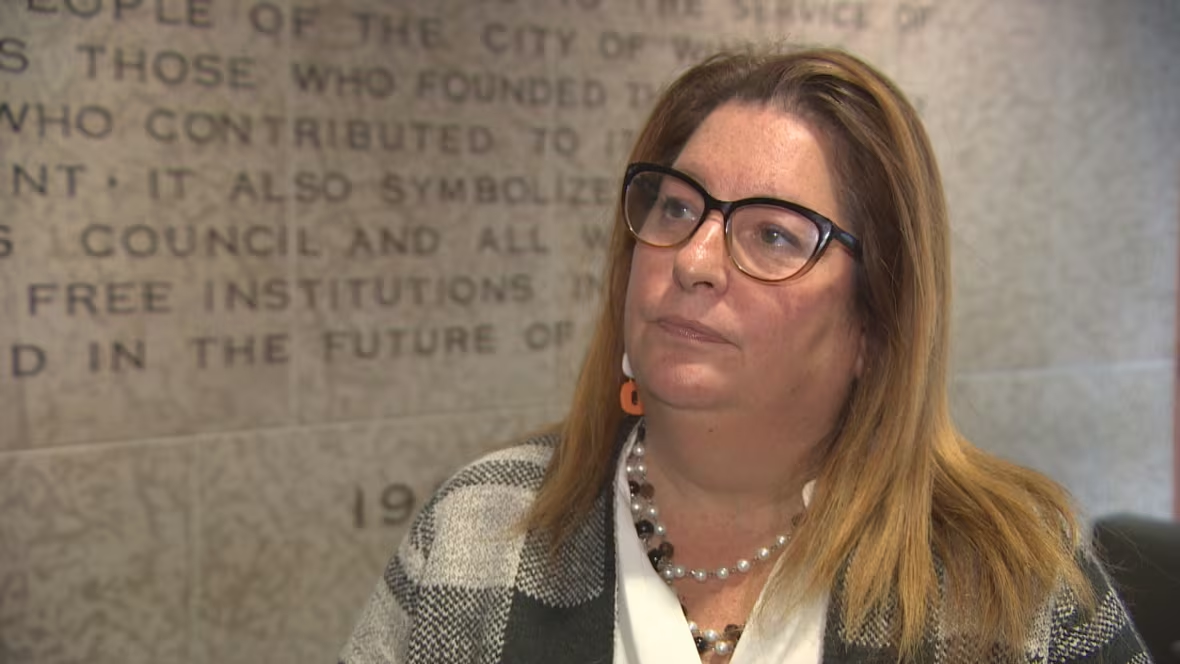Options for cleaning up used needles at Winnipeg parks, playgrounds could cost up to $260K: report
City councillor says she's disappointed by report's recommendations

A new report by city staff outlines two fresh options to remove dangerous debris, such as needles, from parks but following through with either of them would require the addition of hundreds of thousands of dollars to Winnipeg's operating budget.
The report comes months after daycares in the inner-city raised concerns about finding dangerous items littered around parks, leading their staff to establish their own "inspection process" to remove needles and other objects before children could enter playing areas.
City staff already remove dangerous debris "immediately" during gardening, litter pick up and other maintenance activities, or after being reported through 311 service requests by the public, which have averaged 103 annually over the past five years, the report says.
The concerns suggest a "proactive monitoring program," including hiring and deploying city crews to visit parks and inspect play spaces, benches and gardens, could fill the existent gap for the cleanup of dangerous debris.
The report, which will be discussed at next week's standing policy committee on community services meeting, outlines two options for the cleanup.
The first alternative works with two seasonal crews, staffed with four members and two trucks, who would monitor parks daily between April and October, at an estimated cost of $193,704 annually.
The second option would include the deployment of two crews from April to October in addition to one crew from November to March that would monitor on a "reduced cycle" due to lower incidences of disposed needles in the winter. The report says the operating cost for this model would amount to $262,884.
'We missed the mark': Gilroy
The report stems from a motion tabled by Coun. Cindy Gilroy (Daniel MacIntyre) in February, asking for the "proactive cleanup of any needle debris and weapons" from city parks and playgrounds in areas of high need.
But Gilroy told CBC News she is "really disappointed" at the report, adding she wants "a lot more clarity," including whether crews would staff inner-city wards, or if the suggestions would cover the entire city.
"There's just particular parks that we know kids are at play [where] there is needles, glass, weapons and debris that is unsafe," she said. "That's where the focus needs to be. There's such a high cost and I don't know where those costs are coming from."

Gilroy said was expecting a "robust report" that explored where the need for dangerous debris cleanup is and different options to prioritize it.
"I think we missed the mark," she said.
"One option could be hiring our own staff," she said, adding city staff who are already employed for maintenance of parks during the summer could prioritize cleanup work ahead of other tasks.
Another option, she said, was to collaborate with community organizations that are already "on the ground doing the work" and picking up needles in other city wards, such as Winnipeg's downtown community safety partnership.
"We only have one direction to go to the city and ask for more money," she said.
"I have to try to get it through with lots of other priorities — that's where I'm struggling, and right now we really need to make sure our parks are safe."
With files from Cameron MacLean

